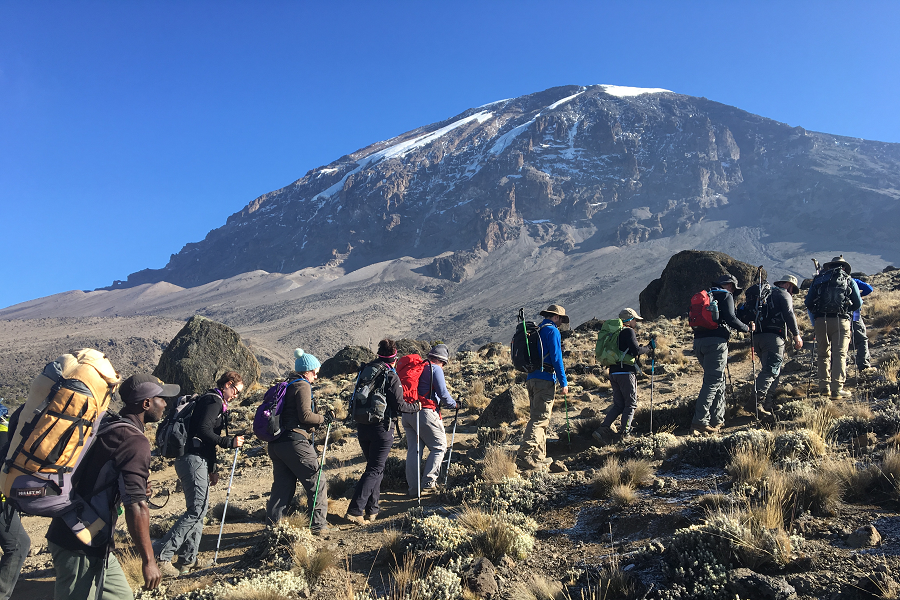Mount Kilimanjaro is the tallest mountain in Africa. Apart from being the highest peak in Africa, it is also one of the tallest free-standing mountains in the world. Many trekkers and mountaineers endeavor of climbing Kilimanjaro. Though there are numerous people who have reached the summit of the mountain, climbing Kilimanjaro, the Highest Mountains in Africa, is a really challenging task.
Here are a few things one needs to know to be able to accomplish the feat of climbing Kilimanjaro.
1. Right Gear
Picking the right gear is very important in climbing any mountain. One needs to get the appropriate types of equipment required in the climbing process. The weather at Kilimanjaro is cold and wet. So a mountaineer must pack the kind of clothes that lets him/her stay warm and dry during the trek.
2. Drink Plenty Of Water
Drinking lots of water is essential to have a successful climb. It is imperative to keep your body hydrated in the dry climate of Tanzania to prevent any altitude sickness. So carry a full bottle of water with yourself which is easily accessible when you climb the summit. Also, make sure the water is purified. Carry water purification tablets to ensure the water is fit to drink.
3. Tip Handsomely
The porters are the people who make your climb easier and possible. They are very hard-working people who engage in work right from the beginning of the climb. The porters carry the bags, tents, prepare food for the trekkers and most importantly ensure the safety of the mountain climbers. Therefore, appreciate their dedication by tipping them generously.
4. Go slow
This is one thing that you would continuously hear while climbing Kilimanjaro. To ascend the highest mountain in Africa is no easy task. As you start climbing higher altitudes, your body will face altitude sickness. One finds it difficult to breathe at higher altitudes. Since your body works harder as you climb higher, walk slower than usual to maintain the balance and make breathing easier.
5. Learn a little of the native language
Even though there are English speaking people at Tanzania, the native language of the place is Swahili. Since the porters and guides might be conversing in the Swahili language, you might find it difficult to understand them. Hence, it would be useful if one learns a few essential words in the Swahili language. This could be helpful in terms of emergency and learning a new local language is always fun.

